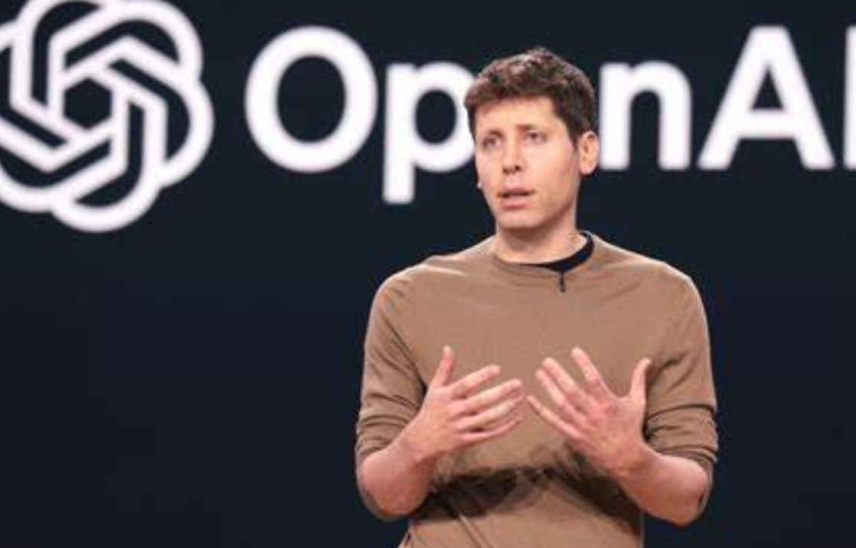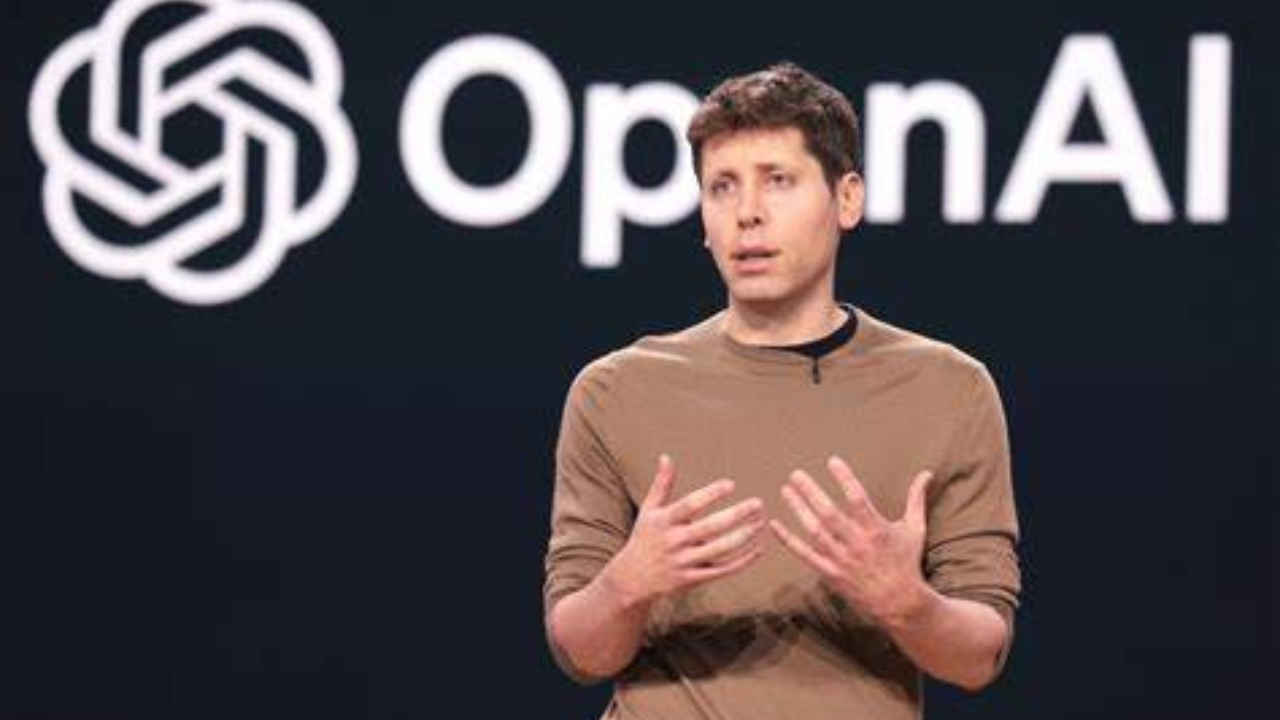
- Home
- Managed Services
- Cyber Security
- Blog
- About Us

We 365 Admin Support, just simplify your IT problems
Call for a free support. +91 96666 59505Platform Partnership
- Who We Help
- Shop
- Contact
- News






HIGHLIGHTS
Table of Contents
ToggleOpenAI has made a significant decision to maintain control under its nonprofit arm, reversing its initial intentions to become a fully for-profit entity. This shift comes in response to various legal pressures and extensive discussions with government authorities. The company declared that its business operations, which have been part of the nonprofit’s structure since 2019, will now transition to a public benefit corporation (PBC). Importantly, the nonprofit will continue to own a substantial portion of the PBC.
In an official blog post, OpenAI stated, “OpenAI was founded as a nonprofit, and is today overseen and controlled by that nonprofit. Going forward, it will continue to be overseen and controlled by that nonprofit.” This reaffirmation underscores the organization’s commitment to its original mission of developing technology for the collective good.
The decision stems from OpenAI’s engagement with civic leaders and important conversations with the Attorneys General of Delaware and California. The company expressed gratitude, stating, “We thank both offices and look forward to continuing these important conversations to ensure that OpenAI can effectively pursue its mission.” This step indicates a proactive approach toward maintaining transparency and collaboration with regulatory bodies.
In a message conveyed to his staff, OpenAI CEO Sam Altman highlighted the reality of needing vast resources, mentioning that the organization may ultimately require “trillions of dollars” to ensure widespread availability of its innovative services. He also elaborated that the nonprofit will hold a significant stake in the newly formed PBC, which lays a foundation for its ongoing influence and governance.
“We look forward to advancing the details of this plan in continued conversation with them, Microsoft, and our newly appointed nonprofit commissioners,” Altman noted, signaling an intention to deepen partnerships and explore mutually beneficial opportunities.
To provide some historical context, OpenAI was established in 2015 as a nonprofit organization but shifted to a “capped-profit” model in 2019 to attract necessary funding. The recent proposal to fully transition to a for-profit structure met with substantial criticism from various sectors, including a lawsuit initiated by Elon Musk. Musk has contended that this move contradicts OpenAI’s foundational goal of developing artificial intelligence that serves all of humanity’s interests. Although the judge did not grant Musk’s request to impede the conversion, the legal proceedings are set for a jury trial in the spring of 2026, indicating that this issue is far from resolved.
Additionally, if you want to explore more about the financial landscape of tech giants, check out: Apple’s services revenue at all-time high as company reports $95.4bn revenue for Q2 FY25.
For further insights into AI’s development, read more about: ChatGPT 4o’s personality crisis: Sam Altman on when AI tries to please.